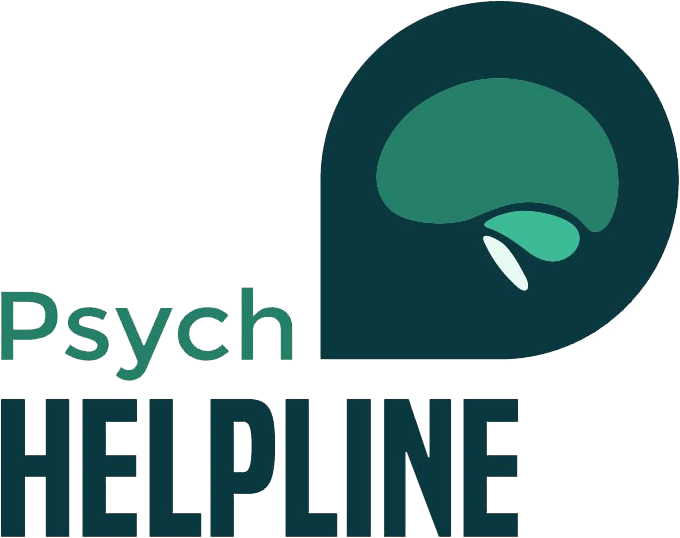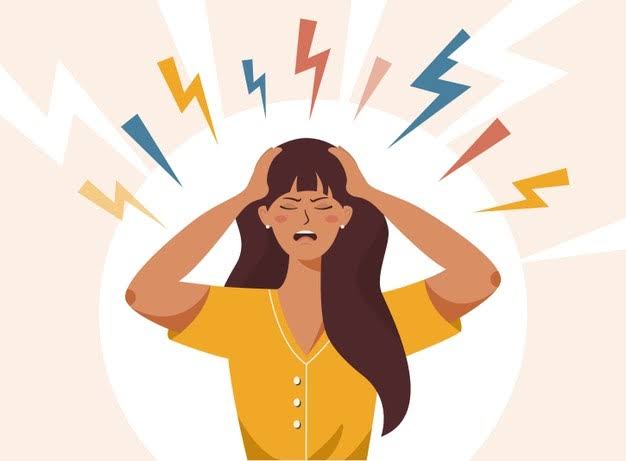Table of Contents
Although everyone has recurrent and strange thoughts, OCD sufferers encounter such thoughts at a much higher level. Usually, most of us can easily let go of any chronic urges and obsessions but OCD can bring the worst out of these compulsions. Obsessive-Compulsive Disorder (OCD) is a chronic, long-lasting disorder. A person struggling with OCD is prone to having uncontrollable and reoccurring obsessions. Furthermore, these behavioral compulsions can become stronger over time as the sufferer feels the urge to repeat everything over and over.
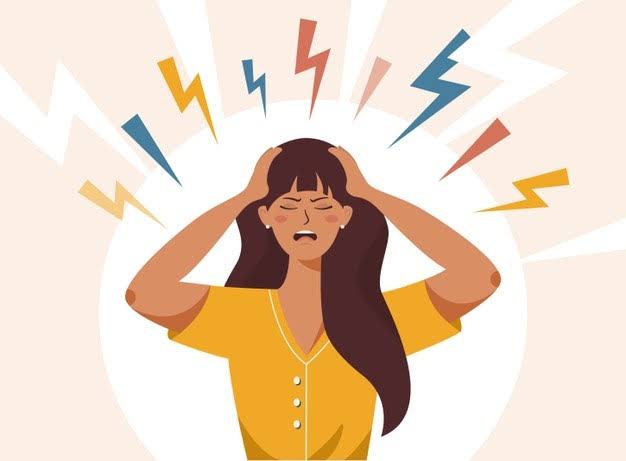
We can differentiate the mind of a normal person from the mind of an OCD patient by looking at the example of an email inbox. In usual cases, the junk mail ends up getting filtered through the spam filter but under abnormal circumstances, junk mail might not get filtered. This leads to the accumulation of excessive junk in the inbox instead of the spam folder. The mind of an OCD patient is similar to an inbox with a faulty spam folder.
OCD is a mental disorder that’s more common than one might assume and we all have certain questions regarding this particular mental disorder. So if you might be asking yourself questions like;
What causes OCD?
How can OCD be treated?
How to tell if someone has OCD?
We’ve got all the answers for you!
OCD Symptoms
Before searching for the treatment of an issue it’s necessary to successfully identify the problem at hand. Although it’s highly suggested to seek a diagnosis from a practicing medical professional certain signs can help you identify OCD. These common symptoms include;
- Unwanted Thoughts: These unwanted thoughts may lead an individual to harm others, harm themselves, or to adopt a compulsion. For example; unwanted taboo thoughts involving other people, sex, harm, or religion
- Excessive Focus: OCD sufferers are usually more focused on arranging something in a specific order. This excessive focus rises from dissatisfaction about a certain thought or item. Although this behavior is out of the ordinary an individual struggling with OCD may not realize it.
- Irrational Fear & Uncertainty: All humans face fears but in an OCD sufferer the fears are more baseless and aggressive. Some patients are irrationally scared of hurting themselves or losing a loved one. For example; fear of germ contamination may prompt OCD sufferers to clean their surroundings again and again.
- Repetitive Compulsions: Compulsions are the categorical behavior an OCD sufferer repeats due to an obsessive thought. Some commonly seen compulsions include; arranging things repetitively, excessively washing hands, compulsively counting the same items, etc.
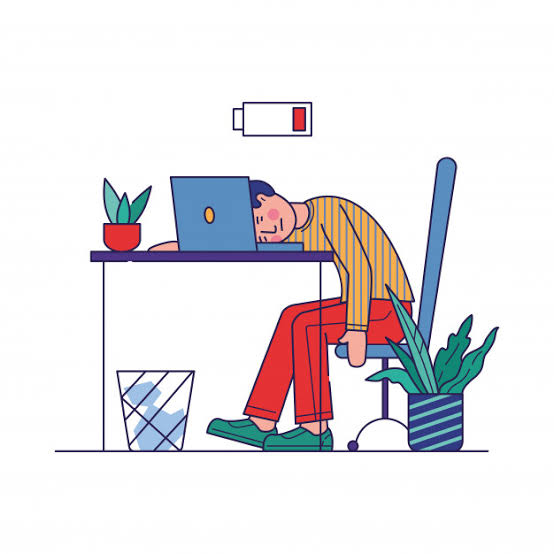
Individuals struggling with OCD at first fail to recognize the gravity of the situation. The symptoms mentioned above can take up a chunk of a sufferer’s life as they spend a lot of time on their obsessions. The personal, social, and professional activities of an OCD sufferer greatly get affected due to the disease as all the compulsions may force them into isolation in some cases. For example; an OCD patient might avoid public appearances and chances of socialization as they fear germ contamination. Some common habits might include;
- Repetitively checking taps and door locks to avoid damage or house invasion
- Looking for signs of illness in their body
- Arranging clothes for no reason
- Repeatedly going through e-mails and texts due to the fear of miscommunication and mistakes
So, if anyone around you carries out these repetitive patterns; it’s not necessary that they have Obsessive Compulsive Disorder. Yet, it wouldn’t hurt to get a quick diagnosis from a doctor if you’re doubtful.
OCD Causes
Identifying the cause behind a particular mental health issue is undoubtedly the first step towards a cure. That’s because it makes the task of prevention and finding a cure much more straightforward. For instance; if a person suffering from repetitive allergies finally discovers the reason behind that allergy, he’ll finally be able to stay fit through prevention. There’s quite a dispute when it comes to the causes behind Obsessive-Compulsive Disorder. So, to this day Health Sciences are unable to pinpoint a single, justifiable cause behind OCD. Some of the leading causes suggested by health professionals include;
-
Genetics:
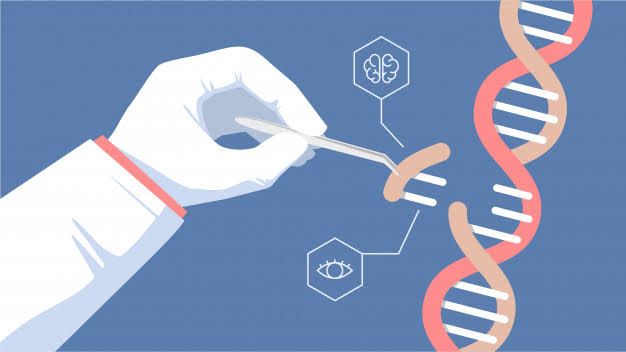
When it comes to the causes behind Obsessive Compulsive Disorder, genetics have been heavily brought up in the past. Multiple researchers agree that OCD is a disease that predominantly runs through generations of a family. Researchers argue that OCD sufferers usually have a family member struggling with the same issue or the ones that lie in the OCD ‘spectrum’.
So, it’s fair to assume that genes play a huge role in developing this particular mental disorder. There’s no other strong reasoning suggesting what factors induce irregular activities of genes. Therefore, genes might only be partly associated with the causes of OCD. This particular might answer a few questions it still lacks in some areas. That’s because it fails to explain how in a set of twins one person’s able to develop OCD, meanwhile the other remains mentally fit. Furthermore, in rare cases, some OCD sufferers aren’t able to locate any other family member that might be on the OCD spectrum. Hence, this theory remains a theory as researchers have yet to identify a gene responsible for OCD.
Recent Findings: According to a recent study conducted upon the relationship of genes and OCD; experts think that the OCD developed in childhood is quite different from the one that begins in adulthood. Furthermore, this research shows how genes play a predominantly minor role in the OCD developed in adulthood. Meanwhile, genes are highly involved when OCD starts in childhood.
-
Traumatic Life Events and Depression
Stress isn’t a direct cause of OCD but it can trigger an increase in the chances of developing this disease. Usual stress triggers include; difficulties in academic performance, the pressure resulting from a tough work routine, relationship problems. All these stressors can be contributors that can increase the severity of a person’s OCD. Furthermore, other environmental factors like traumatic life events also have a similar impact on an individual’s psyche.

These traumatic events may include;
- Witnessing someone’s death
- Encountering any form of assault
- Going through an accident or natural disaster (floods, earthquake, etc.)
- Having a dysfunctional childhood
Stress caused by traumatic life events if left untreated can worsen the symptoms and pace the onset of a person’s OCD. Although depression and stress are often used as umbrella terms for each other these are two entirely different things. Depression and OCD have a two-dimensional relationship as each of these diseases can trigger each other. Health experts and researchers believe depression to be a consequential occurrence after OCD develops as well as a contributing factor to it.
-
Biochemical Imbalance
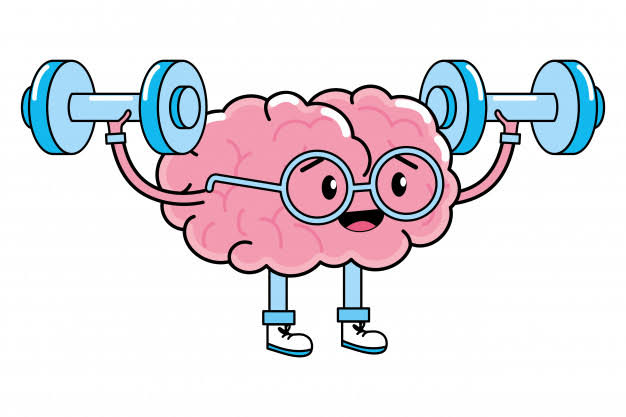
Like a motor car requires the right amount of fuel to work properly, our bodies are dependent upon such biochemicals as well. You might’ve often heard doctors suggesting the reason behind various diseases to be biochemical Imbalance. Similarly, the occurrence behind OCD is often contributed to the lack of biochemical named serotonin. Serotonin is a chemical in the brain that’s responsible for highly essential functions. This particular biochemical sends messages between brain cells. Consequently, everything relevant to our brain activity remains regulated; anxiety, memory, sleep, etc.
The theory that blames serotonin imbalance to be the cause behind OCD is called; the serotonin theory. Researchers behind the serotonin theory argue that in OCD sufferers there’s either a huge deficit in serotonin or some sort of abnormality linked to it. This theory isn’t completely agreeable or plausible but most researches conducted on relapsing patients suggest that the lack of SSRI medications can again trigger OCD. Hence, we can safely assume that up to some extent serotonin is a neurotransmitter whose presence is essential in the maintenance and prevention of OCD.
-
Learned Behavior
Behaviorists and Cognitive scientists suggest that OCD usually rises from behavioral conditioning. In simple words, the obsessions and compulsions in an OCD sufferer are usually their learned behavior. OCD sufferers utilize these repetitive preventive measures to reduce or prevent their anxieties. For example; an OCD sufferer obsessed with the fear of germ contamination tends to clean the area around him repetitively. This practice ensures that the relevant anxiety in that person will be reduced and there will be less probability of engaging with germs. In OCD sufferers these prolonged repetitive patterns can worsen over time and become excessive. Hence, behaviorists blame the dysfunctional learned habits and misinterpreted beliefs to be the leading cause behind repetitive obsessions.
OCD Treatment

-
Exposure & Response Prevention (Cognitive Behavior Therapy)
Going under therapy for OCD helps sufferers face their fears and obsessive thoughts. The most effective and highly used scientific therapy for OCD is Exposure and Response Prevention. This particular cognitive behavior therapy program is only done by a licensed mental health professional. Furthermore, the area of operation is usually outpatient so patients have to regularly visit their therapist’s office. The number of times you’ll have to visit your therapist in a week can be according to the extent of your problem.
During each therapy session, your therapist aids you in breaking down your issues into separate parts. In this way, as time passes OCD sufferers start gaining more control over their actions, thoughts, and feelings. Usually, under an administrated therapy program, OCD patients discuss situations that result in mild anxiety. With the progression of each therapy session, the patient can start discussing more difficult thoughts that cause anxiety and lead to obsessive behavior.
These Day therapy sessions are ideal for usually mild kind of OCD. Meanwhile, patients who struggle with a stronger and more progressed OCD can take part in “Intensive Treatment Programs”. In certain cases, patients have to be voluntarily or involuntarily have to undergo the inpatient therapy program. This treatment is the highest level of care for a mental anomaly and is usually carried out in a closed setting to avoid hazards.
- Medication

Medications for OCD usually get partnered with a therapy program. These medications treat OCD by regulating the balance of chemicals in your brain. Furthermore, these medicines are usually antidepressants that are only supposed to get prescribed by a licensed medical professional. The medication for each patient varies according to the extent of their progression into the disease.
Usually, an OCD sufferer’s physician or a psychiatrist partners up with a therapist to design a treatment plan. This treatment plan is to be followed regularly to achieve desired results. Patients should refrain from following any other patient’s medication and therapy plan as no case is ever the same. Some of the most widely prescribed, FDA approved antidepressants for OCD treatment include;
- Clomipramine
- Fluvoxamine
- Paroxetine
- Fluoxetine
- A Healthy Lifestyle

Apart from undergoing treatment for OCD, it’s necessary to maintain a normal and healthy lifestyle. A healthy balanced lifestyle can help reduce anxiety and control any upcoming OCD compulsions. OCD sufferers are suggested to exercise regularly and maintain a healthy diet for optimal health. Some other tips that might help in keeping your OCD at bay include;
- Don’t be impatient
- Face your fears
- Avoid procrastinating at all costs
- Don’t rush through therapy homework and take your time
- Expect the unexpected and don’t be fearful of the future
- Attend therapy sessions regularly
Final Words
Undoubtedly, OCD’s treatment can be very difficult as well as hectic for patients. Seeking help for a mental disorder requires lots of courage considering how mental disorders are still considered a taboo topic in our society. Furthermore, treatments are only bound to work if patients have the determination and are willing to attend therapy sessions regularly.

If you know anyone struggling with OCD makes sure you act supportive towards them and help them stay focused on their goal to get better. If you’re struggling with OCD you can also join support networks after consulting your therapists. These support groups make the process a whole lot easier and provide you a chance to get a better perspective of things.
